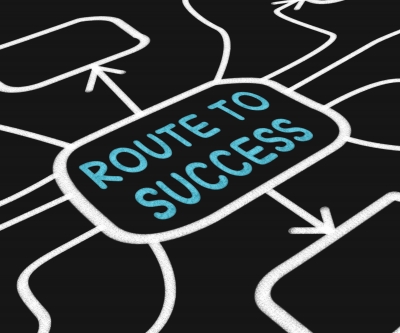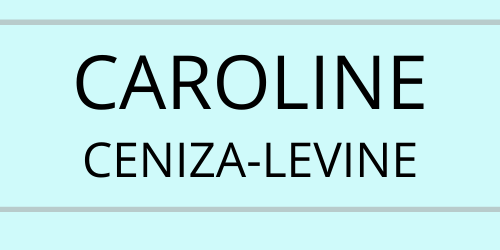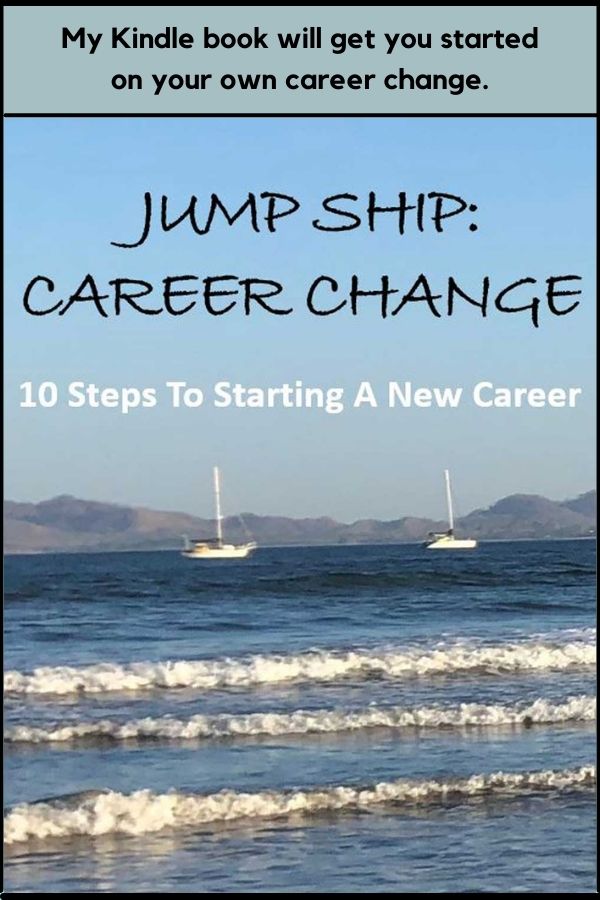
The fast growth of AI adoption (ChatGPT got to one million users in five days) and its impact on jobs (300 million estimated jobs disrupted) is significant. It reminds me of 30 years ago, when I was just starting my career and learning about 401k plans. I don’t mean learning about the plans for myself (though I did invest in one right away). I learned about the 401k plan’s impact on employees overall.
I was a management consultant in the financial services industry. It was the early 90s, and the 401k was just a decade old. The bull market in the 80s grew 401k plan assets considerably, and the firm I was working at was tracking how the 401k would usher in a sea change in the retirement industry. Defined-benefit pensions (where employers guaranteed retired employees a certain payout for the remainder of their lives) would decrease, and defined-contribution pensions like the 401k (where employees and sometimes employers contributed to retirement, but results weren’t guaranteed) would increase.
Defined-contribution plans moved the risk of growing a retirement nest egg from employer to employee. To secure your retirement, every employee now needed to be a money manager, regardless of what industry you were in or job you held. I became an aggressive saver in my 20s, switched to entrepreneurship in my 30s and actively pursued financial independence in my 40s. I was going to ride the turning tide, not battle it.
In man’s struggle against the world, bet on the world. – Franz Kafka
AI is a different sea change, but like the 401k, the pending disruption from AI impacts everyone regardless of industry, job — and level. Unlike earlier technologies like factories being automated by machines, which mostly impacted lower-level and less-educated workers, AI has the potential to impact careers at the mid- and senior-levels and to compete with even highly-educated workers.
This doesn’t mean you’re going to lose your job tomorrow (though Big Tech has cut tens of thousands of jobs despite growing their market value by nearly $3.5 trillion so employee beware). That said, the extent of change and the timing is uncertain. You have to prepare now to AI-proof your career. Here are five ways I’m investing in myself to AI-proof my career (links to resources, FREE ones bolded, are below):
1 — Build your brand
AI makes it easier to indiscriminately apply for jobs, and as a result, even more candidates are responding to job postings, making a low-yield proposition even worse. It is even more critical that you separate yourself from the noise by building a strong brand apart from your resume. Publicity – being quoted or featured in media, appearing on a podcast, getting published — is one of the most impactful strategies you can take to build your brand.
The first conference I’m attending this year is focused on this very issue. Hear from million-dollar business owners on how they grew their brand and therefore their bottom line. (If you’re thinking that you’re a W2 employee and therefore not a business owner, you’re wrong! You are the CEO of your career and need to build your brand accordingly.) The conference is virtual so you can attend from anywhere. It runs March 5-7, and you can get a FREE conference ticket HERE.
2 — Increase your resiliency
With all the anxiety surrounding AI (and other economic and political uncertainties) it’s even more important to be resilient. Resilience gives us the capacity to bounce back from the inevitable difficulties we will all face in uncertain, disrupted markets. The right habits – eating well, getting quality sleep, sticking to the exercise plan despite your time crunch – will give you the resilient personal foundation.
I continue to use the Heroic personal development program for my own personal development.
I enrolled in the premium version of Heroic a couple of years ago — a 300-day, intense program that helps you to develop strong foundational habits in self-care (exercise, sleep, nutrition), relationships (personal and professional), and productivity (including challenging oneself to dream bigger and set higher expectations). I’ve tried a LOT of personal and professional development programs in the past, and this is one of the best by far. This link is a FREE 30-day Heroic trial to the resource library (videos, short summaries) used in the 300-day program.
3 — Grow your network
The best opportunities lie in the hidden job market, and networking is the best way in. I mix live and virtual, 1:1 and groups, social media and the old-fashioned telephone. Different people prefer different ways to communicate and stay in touch, so if you mix and match how you network, you’ll organically diversify your relationships.
Currently, I’m part of a live female professionals network that meets monthly for lunch at a different restaurant. I don’t use a specific CRM to curate my connections or remind myself to follow up – I use an Excel spreadsheet and reach out to a few connections each and every week. LinkedIn is my social media of choice, which makes sense because my world is career-focused. In terms of what to post on LinkedIn or email to people to keep in touch, it varies based on what’s happening at the moment – this FREE publicity calendar has 200+ story ideas which are meant to inspire media pitches, blogs and other creative content, but it’s also helpful for ideas on networking outreach.
4 — Maintain a steady stream of options (i.e., play strong offense)
Currently, I’m taking the Tiny Marketing Actions course by Pamela Slim to uplevel my business skills, to meet other entrepreneurs for ideas and inspiration, and to keep me accountable to continue growing my business. While I try to book a healthy pipeline of business months in advance, maintaining a steady stream of options by marketing day-in and day-out is critical for the business owner, as well as the traditional employee. Since you don’t know exactly how AI (or any disruption) is going to play out, you want to continually play strong offense and proactively manage your career.
I’m paying for the TMA course, but you can borrow Pamela’s books from the library, subscribe to her free newsletter or read her many free blogs. Another good source for free advice to start is Coursera, which offers many free courses on a range of topics. I’m currently taking Navigating Generative AI: A CEO Playbook, which you can audit for FREE (certification costs extra).
5 — Maintain a strong financial foundation (i.e., play strong defense)
On the flip side of career offense is playing career defense – maintaining a strong financial foundation, as well as knowing how to budget after a layoff or other setback. To this end, I have been laser-focused on achieving financial independence apart from my day-to-day work. Real estate has been the main money engine for me outside of my coaching business, and a vacation rental in Costa Rica doubles as a Plan B and an even more conservative defensive move, if I ever just wanted to retire right now is an. There are a lot of financial independence blogs and other resources – I list my favorite FIRE resources here and real estate-related favorites here.
How do you plan to AI-proof your career?
Let me know if you sample any of the resources I recommend. Let me know if you attend the March 5-7 conference on Impacting Millions (get a free conference ticket HERE) – perhaps we can share notes and insights from what we learn at the conference!


